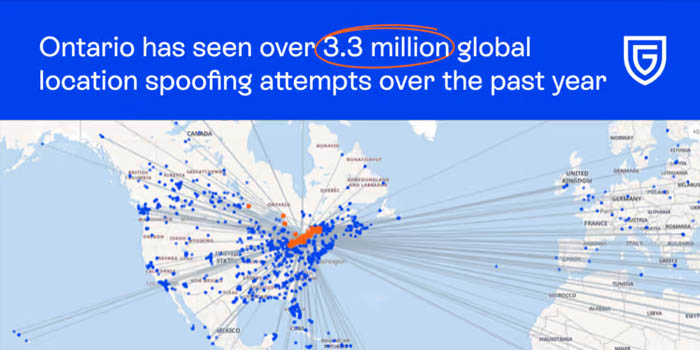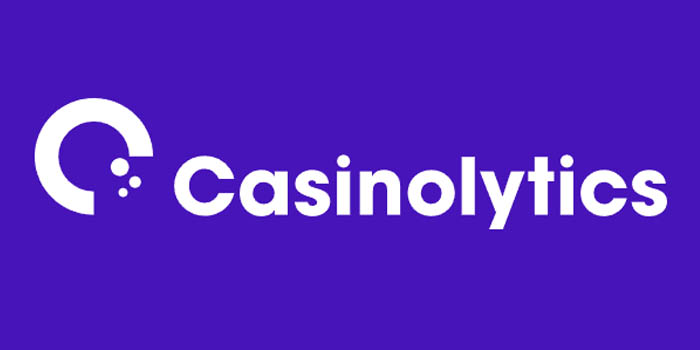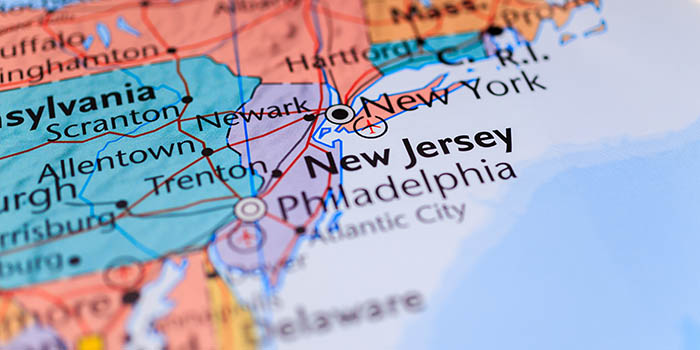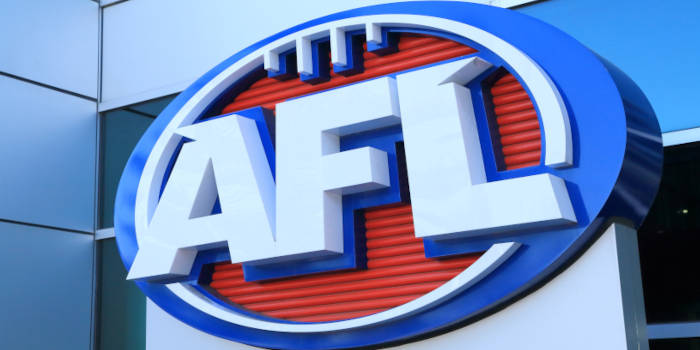Australia Concerned about Operators Contacting Excluded Players
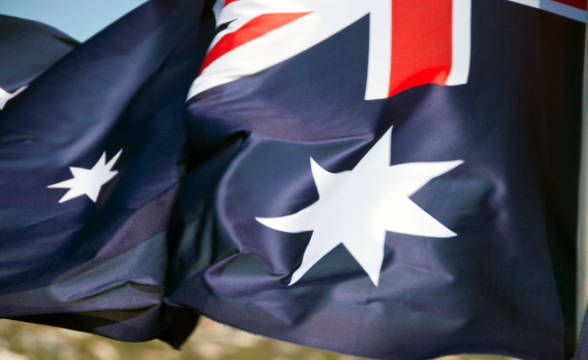
Self-exclusion from gambling tends to be hard. It gets even harder when companies keep flooding excluded people with promotional messages, urging them to play. Mark, a recovering gambling addict from Australia spoke about his woes with ABC Radio Hobart.
BetNation Promoted Gaming to an Excluded Individual
According to ABC News, Mark is an ex-addict who once lost $100,000 to gambling. After a several-year-long losing spree, the player decided to call it quits and exclude himself from playing and receiving any gambling content. However, gaming operators kept contacting Mark, despite him being registered as an excluded problem gambler.
Mark reported that he is still pestered by promotional emails and text messages. While all companies in the sector have access to the self-exclusion register, it seems that not all operators bother to check it, the disgruntled player said. He said that a recent email incentivized him to bet on the Melbourne Cup with BetNation, a site he had never used.
Mark added that ignoring such ads when trying to stop gambling is the hardest part. He noted that free-to-air TV channels broadcast no fewer than 978 ads a day. This often makes it impossible for some problem players to resist the urge to gamble despite being excluded.
It is that hard to try and get away from it and this predatory behavior to try and entice people back, it’s disgusting.
Mark, former problem gambler
ABC News contacted BetNation’s parent company, Amused Group, for comment. At the same time, the Northern Territory Racing Commission launched an investigation into the case.
Tougher Regulations May Be Needed
Amid many cases such as Mark’s, Australian experts are concerned about the effectiveness of exclusion as it currently is. Professor Sally Gainsbury, director of the Gambling and Treatment Research Clinic at the University of Sydney, said that exclusion is currently harder than it needs to be. She believes that self-exclusion should be an automatic process that kicks in once a player closes their gambling account.
Gainsbury believes that the approach to gambling ads usually depends on how society views the industry. However, she said that no matter what marketing approach is currently being used, at-risk gamblers should always be proactive and do something before having to self-exclude. She encouraged people to use safer gambling tools such as deposit and time limits.
Meanwhile, the Australian government is eyeing reforms to its gambling regulations. Earlier this week, it announced its intentions to change the “gamble responsibly” motto appearing on ads with more discouraging slogans such as “imagine what you could be buying instead.” In addition, a new nationwide exclusion scheme will be launched, allowing all players in the country to opt out of gambling.
Tasmania, which is Mark’s home state, will also boost its safer gambling efforts by introducing certain marketing restrictions. To prevent operators from promoting gambling content to excluded people, Tasmanian authorities will prohibit companies from advertising betting without customers’ consent.
Mark said that he is thankful to see more measures being introduced. However, he remains wary of gambling harm, which he fears might become “the next pandemic.”
Although Fiona doesn't have a long-spanning background within the gambling industry, she is an incredibly skilled journalist who has built a strong interest in the constantly growing iGaming network. The team at GamblingNews.com is glad to have her on our roster to help deliver the best stories as soon as they hit. Aside from writing, she loves to dabble in online casino games such as slots and roulette, both for her own enjoyment and also as research to better improve her understanding of the industry.




